Dr. Nafees Ur Rehman (@NafeesRehmanDr)

Photo of Ataullah Ozai-Durrani, source: Smithsonian Institution Archives, Accession 90-105, Science Service Records, Image #SIA2008-1489
In 1941, he walked into the office of General Foods Corporation in New York, set up his portable stove and convincingly demonstrated cooking rice in minutes. General Foods were impressed with the significant reduction in cooking time and immediately bought his recipe.
Thanks to the large-scale marketing of Minute Rice and later mass orders by the US army, the product achieved its success. Ozai-Durrani became a millionaire almost overnight.

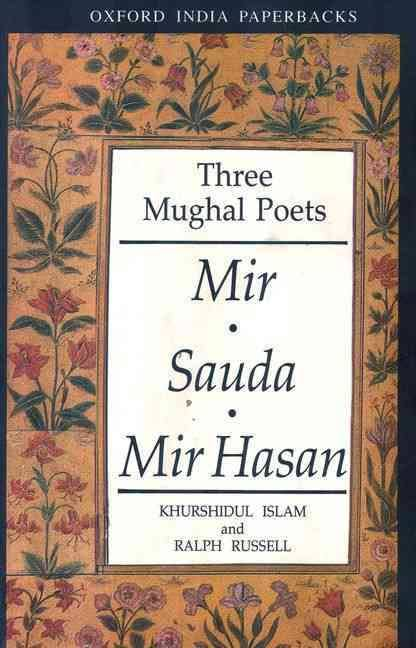
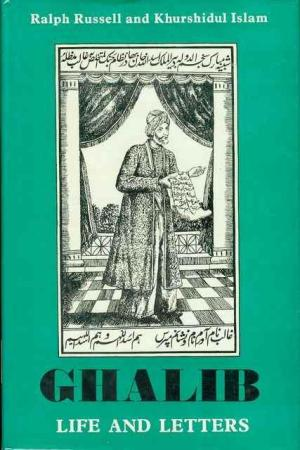

Photo of Ataullah Ozai-Durrani, source: Smithsonian Institution Archives, Accession 90-105, Science Service Records, Image #SIA2008-1489
Ataullah Ozai-Durrani was born in Herat, Afghanistan in 1897 and had immigrated to the US in 1923. Though his education was in Petro-Chemistry but he pursued researching in planting, preparing and cooking rice after one of his guests remarked that the chicken-rice, that they were served at dinner, were so good that it needed to be introduced to the public. Ozai-Durrani spent the next 10+ years reading, experimenting and researching on rice. It was around 1939 that he had established his method of preparing rice and it was time to share and sell it.
In 1941, he walked into the office of General Foods Corporation in New York, set up his portable stove and convincingly demonstrated cooking rice in minutes. General Foods were impressed with the significant reduction in cooking time and immediately bought his recipe.
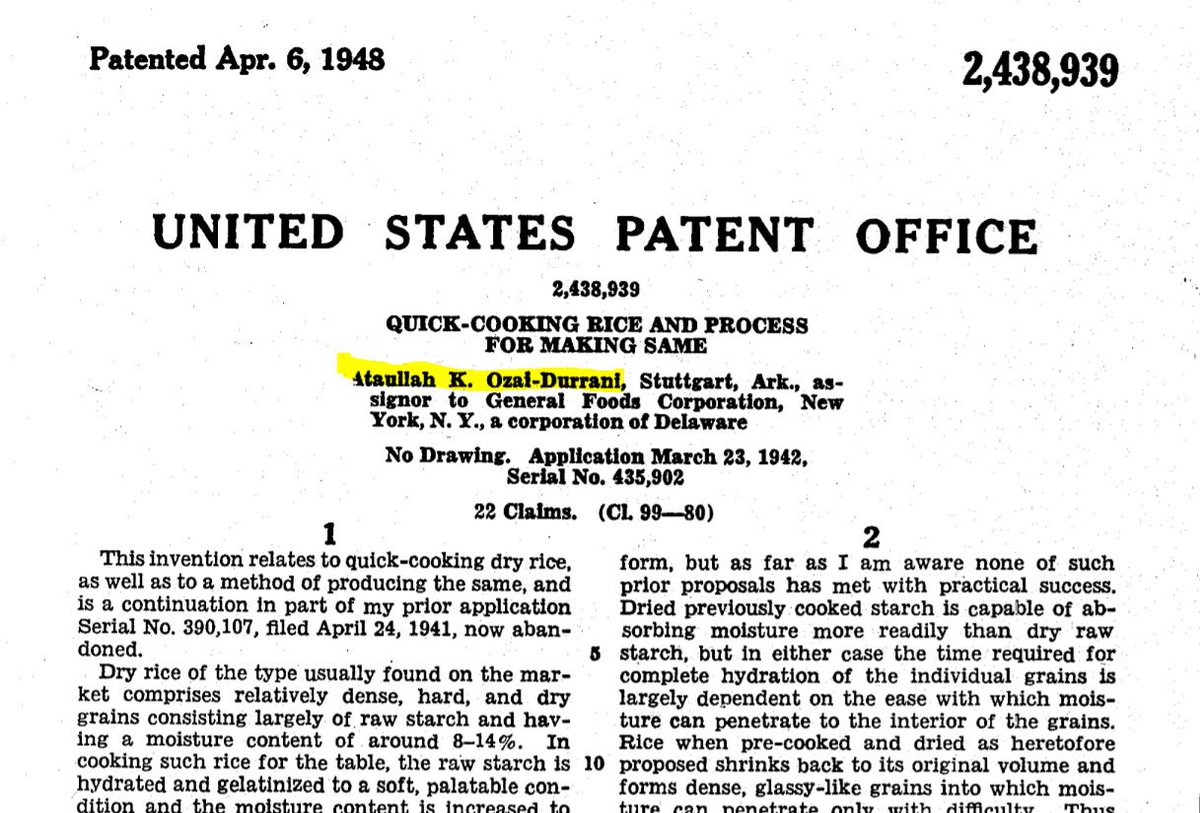 |
| Copy of the Quick-Cooking-Rice Patent: Source https://patents.google.com/patent/US2438939 |
Thanks to the large-scale marketing of Minute Rice and later mass orders by the US army, the product achieved its success. Ozai-Durrani became a millionaire almost overnight.
There is another interesting aspect to Ozai-Durrani's life, and that is his interest in the poetry of Mirza Asadullah Khan Ghaleb and Mir Taqi Mir, famous poets of the subcontinent. It is not clear how he developed interest in their poetry. Could it be during the times when he studied at Aligarh Muslim college in India or later when he befriended Syed Hussain, a disciple of Gandhi who had advocated for freedom of India in the US and delivered lectures in 1920s and 1930s. Ozai-Durrani wanted to translate the works of Mirza Ghaleb and Mir Taqi Mir into English language. For this purpose, he donated about 100 thousand rupees to Aligarh Muslim University in 1950s. The VC of AMU, Dr. Zakir Hussain was also friend of Ozai-Durrani. However, nothing came out of this program and Ozai-Durrani eventually withdrew his support.
Ozai-Durrani died in May 1964 due to lung cancer and bequeathed half a million dollars to Harvard University for the same purpose of translation of Ghalib's Mir's works, and as memorial to Syed Hossain.

You may find it interesting that when more information was sought on the two poets, a librarian at the Indian consulate was contacted, who then suggested that it was really a matter for the Pakistanis as they are not known in India. A professor of Iranian studies at Columbia University also downplayed the value/significance of the
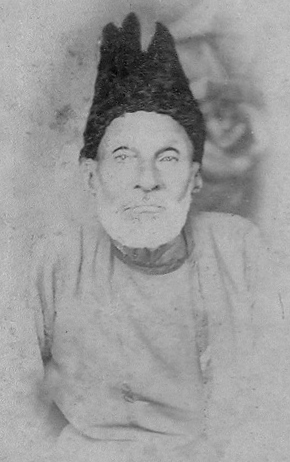 |
| Mirza Asadullah Khan Ghaleb |
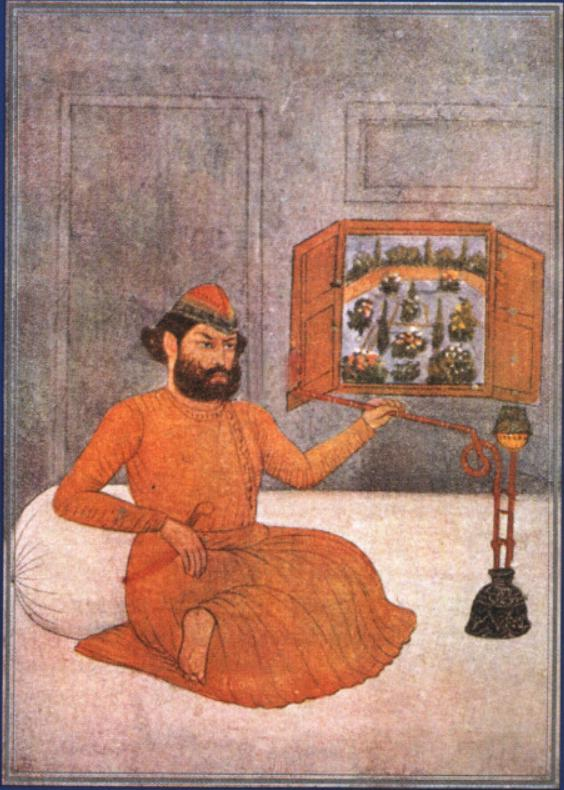 |
| Mir Taqi Mir |
poets and said "they are not outstanding...in the vast panorama of Persian poetry, but they are very important to Pakistan." Harvard University then persuaded Dr. Annemarie Schimmel for the job and appointed her as Professor of Indo-Muslim Studies.
With Ozai-Durrani donation, the chair was able to publish two excellent books, Three Mughal Poets Mir, Sauda, Mir Hasan (Cambridge, 1968) and Ghalib: Life And Letters (Cambridge, 1969), both by Ralph Russell and Khurshidul Islam.


John K. Baden in his PhD thesis, made an interesting observation on why Ozai-Durrani chose two Urdu poets and not any Pashtun poets. He observes:
"Ozai-Durrani’s motives for picking the two poets are unknown. Notably, he did not feel constrained to sponsor a Pashtu or exclusively Dari (Persian) language “Afghan” poet to further the prestige of his native Afghanistan. Perhaps Ozai-Durrani assumed a broader regional or linguistic identity in the United States rather than one exclusive nationality, but he could have simply chosen the two poets because he associated them with the friend he sought to honor in his bequeathal."
"Ozai-Durrani’s motives for picking the two poets are unknown. Notably, he did not feel constrained to sponsor a Pashtu or exclusively Dari (Persian) language “Afghan” poet to further the prestige of his native Afghanistan. Perhaps Ozai-Durrani assumed a broader regional or linguistic identity in the United States rather than one exclusive nationality, but he could have simply chosen the two poets because he associated them with the friend he sought to honor in his bequeathal."
No comments:
Post a Comment
pakhair raghlay! Khush Amdeed and welcome!